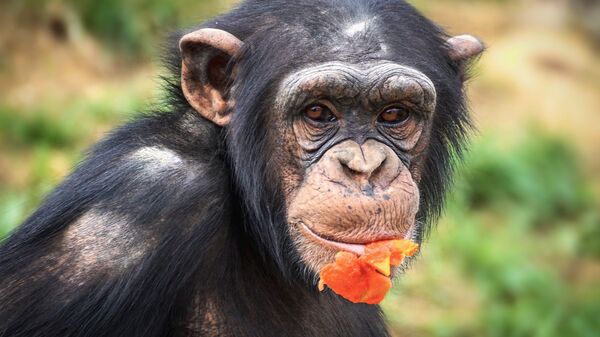National Geographic reported that the problem has been going on for several years, citing an incident in 2014 that saw a chimp fatally attack a 2-year-old child, stealing the baby from his mother.
“A chimpanzee came in the garden as I was digging,” Ntegeka Semata said in an interview with the publication. She said her four young children were with her and as she turned her back to get water, the chimp took her child by the hand and ran off. The child screamed, causing the other villagers to pay attention and chase after him, but it was too late.
“It broke off the arm, hurt him on the head, and opened the stomach and removed the kidneys,” Semata said, adding that the child died on the way to the local hospital. Since then, Semata and her husband built a bamboo fence around their tiny backyard to prevent the chimps from getting in, scared that they might come back. Eventually, they were forced to leave their house by the end of 2017, moving to a rented room three miles away.
Since the 2014 incident, there have been several other attacks on children in Muhororo village. Three deaths have been reported and six additional injuries or escapes have occurred as a result of the attacks.
The reasons why chimpanzees act so violently remain unknown. The National Geographic Publication suggested one of the possibilities could be “habitat loss” that has occurred throughout the western part of the country.
"The native forest that once covered these hillsides is now largely gone, much of it cut during recent decades for timber and firewood, and cleared to plant crops," according to the National Geographic story.
The Uganda Wildlife Authority (UWA) is aware of the issue. On its website, it notes that chimps can "be aggressive and unfriendly, particularly towards unrelated individuals." UWA Executive Director Sam Mwandha said recently that it is "hard" or even "impossible" to prevent clearing of the areas. “We can only plead; we can only educate and hope that people will appreciate them," he added.
Chimpanzees are listed as endangered according to the International Union for Conservation of Nature as there are believed to be less than 300,000 chimps across the African continent. It is illegal in Uganda to kill chimps, but occasionally permission is granted if a male chimp goes rogue.


